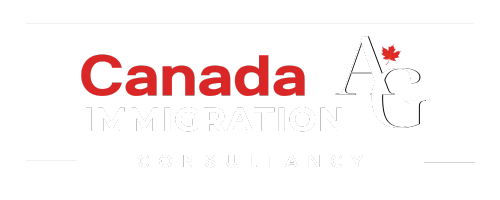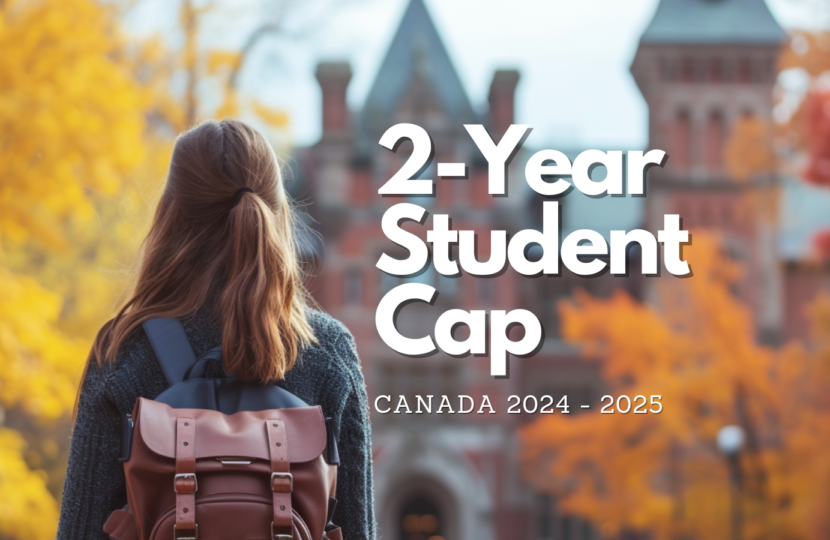Update & Overview on Canadian Government Student Visa Cap
We delve into the recent news by the Canadian government regarding a temporary cap on international student visas. This strategic move, announced by Immigration Minister Marc Miller, is a response to the mounting pressure on Canada's housing system and is expected to have far-reaching implications on the education landscape.
In an effort to address the escalating pressure on Canada’s housing system caused by a surge in temporary residents, the federal government has announced significant changes to international student visas. These are the key details.
Temporary (2-year) Cap on New Student Visas:
- Reduction in Visas: The federal government will impose a temporary cap on new student visas, reducing the number from nearly 560,000 issued last year to 364,000 this year—a substantial 35% decrease.
- Provincial Allocation: To ensure fairness, the cap will be distributed among provinces based on population. Ontario, a significant contributor to international student growth, will witness a 50% reduction in its allotment.
- Targeted Recipients: The cap specifically applies to post-secondary undergraduate students, excluding those pursuing master’s programs, doctoral degrees, or elementary and high school students.
Rationale and Critique:
- Systemic Issues: Minister Miller acknowledges challenges within the current system, emphasizing the need to rein in a program that, in some cases, exploits high international student tuition without delivering quality education.
- Focus on Fairness: The allocation by population aims to distribute reductions fairly, addressing concerns about the disproportionate impact on certain provinces.
- Concerns about Unethical Practices: Miller expresses concern about unscrupulous schools taking advantage of the system, leading to potential exploitation of student visas for purposes other than education.
Additional Measures:
- Postgraduate Work Permits: Starting September 1, students in schools following a private-public model will be barred from accessing postgraduate work permits.
- Restricted Open Work Permits: In a few weeks, open work permits will only be available for spouses of students in specific programs, such as master’s, doctoral, and professional programs like medicine and law.
Response from Experts:
- Housing Impact: Experts, including economics professor Mike Moffatt, welcome the temporary cap, highlighting its potential to alleviate pressure on Canada’s housing market. The influx of international students has led to increased competition for rentals and property investments, impacting housing supply.
- Bank of Canada’s View: Bank of Canada Governor Tiff Macklem acknowledges the cap’s potential to ease rent price inflation. However, economists, including Douglas Porter, emphasize that while it may moderate growth rates, significant rent inflation challenges are likely to persist.
Concerns from Career Colleges:
- Michael Sangster, CEO of the National Association of Career Colleges, supports stability in the international student system. However, concerns are raised about potential bias against career colleges, which play a crucial role in training essential workers.
Bank of Canada’s Dilemma:
- Monetary Policy Challenges: The Bank of Canada faces challenges as shelter costs, primarily driven by housing, contribute to above-target inflation. Interest rate hikes have limited impact on housing costs, and the bank emphasizes the role of shelter in maintaining inflation levels.
- Uncertain Outlook: Bank of Canada’s Macklem acknowledges the challenge in predicting housing trends. Shelter costs, including ownership and rental, rose by six percent in December, significantly outpacing overall inflation.
Experts’ Perspectives:
- Mixed Opinions: Economists, including Royce Mendes, suggest a patient approach, allowing shelter price inflation to ease naturally. Aggressive monetary policies might result in economic repercussions.
- Structural Supply Issues: Experts highlight long-standing structural supply issues in Canada’s housing market. The recent surge in population growth, fueled by immigration, exacerbates these challenges.
Government’s Optimism:
- Long-Term Solutions: While acknowledging the persistence of housing challenges, Macklem expresses optimism about recent government initiatives to address land availability and reduce bureaucratic hurdles, aiming to bridge the gap between supply and demand over time.
In conclusion, the government’s move to cap international student visas reflects an earnest effort to address housing and education challenges. However, the efficacy of these measures and their long-term impact remain subjects of ongoing debate among experts and policymakers.
Whether you are a current student or new one who wants to apply, we can help you understand the landscape to help you get to where you want to go. Give us a call.

